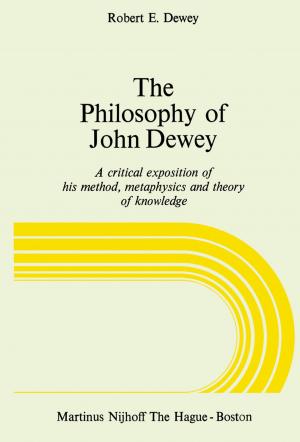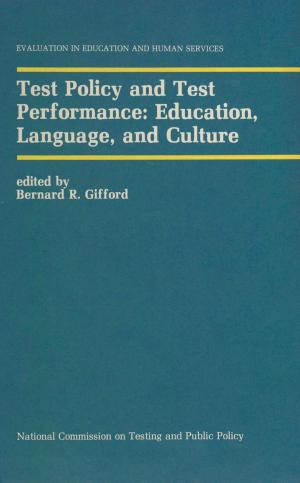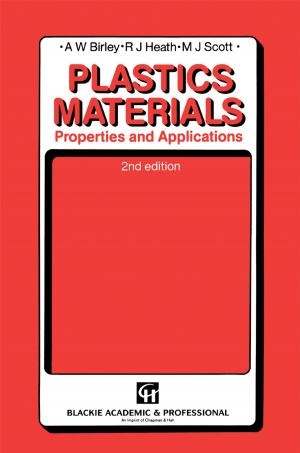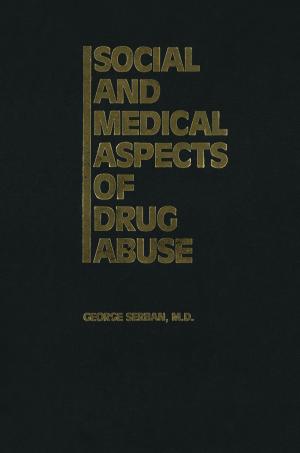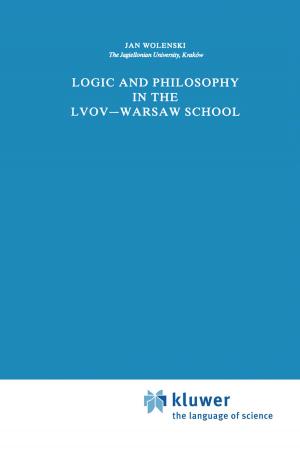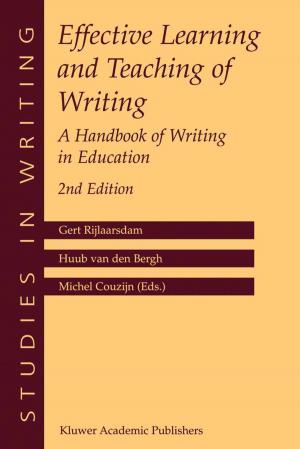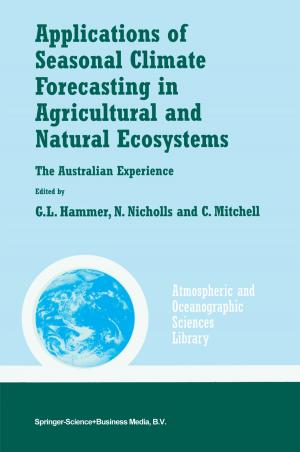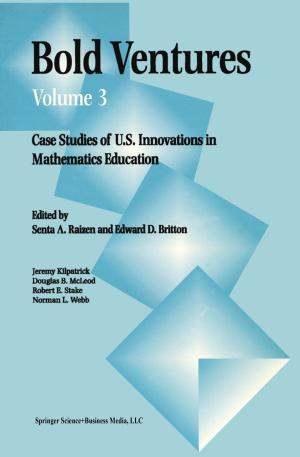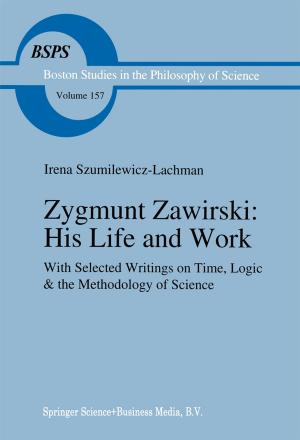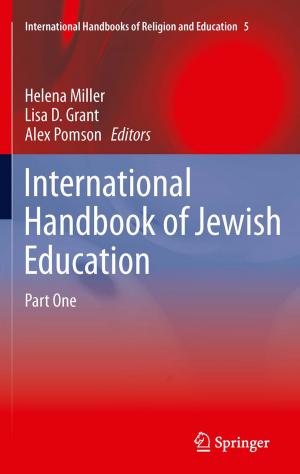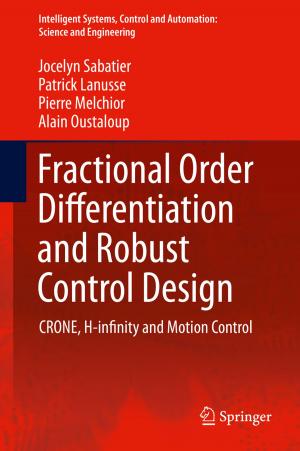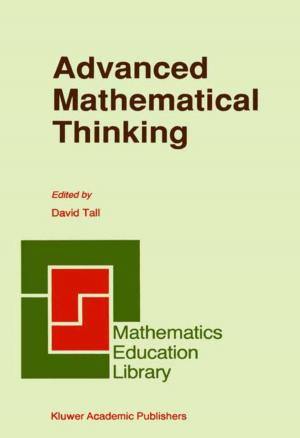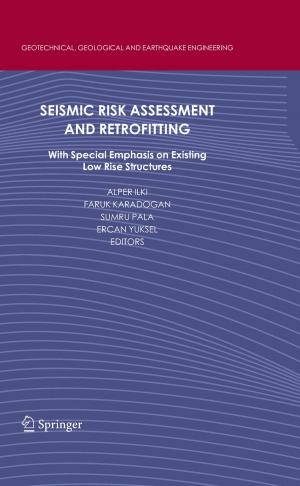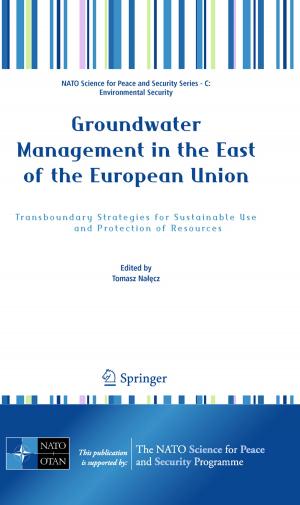Agrimonde – Scenarios and Challenges for Feeding the World in 2050
Nonfiction, Science & Nature, Technology, Agriculture & Animal Husbandry, Science, Biological Sciences, Environmental Science| Author: | ISBN: | 9789401787451 | |
| Publisher: | Springer Netherlands | Publication: | April 14, 2014 |
| Imprint: | Springer | Language: | English |
| Author: | |
| ISBN: | 9789401787451 |
| Publisher: | Springer Netherlands |
| Publication: | April 14, 2014 |
| Imprint: | Springer |
| Language: | English |
How will the world be able to feed close to 9 billion people in 2050 and still maintain the ecosystems? In this perspective, INRA and CIRAD launched the initiative, in 2006, to develop a foresight project for analysing issues pertaining to the world's food and agricultural systems on the 2050 timeline. This book provides a synthetic presentation of the main conclusions that this foresight project has yielded. First, it recapitulates the main statistical references for the period 1961 to 2003, before going on to describe the Agribiom simulation tool used to calculate food biomass resource use balances. Two scenarios on the 2050 timeline are then considered: Agrimonde GO is a trend-based scenario that bets on economic growth to feed the world, in a context where environmental protection is not a priority; in contrast, the idea in Agrimonde 1 is to feed the world while preserving its ecosystems.
How will the world be able to feed close to 9 billion people in 2050 and still maintain the ecosystems? In this perspective, INRA and CIRAD launched the initiative, in 2006, to develop a foresight project for analysing issues pertaining to the world's food and agricultural systems on the 2050 timeline. This book provides a synthetic presentation of the main conclusions that this foresight project has yielded. First, it recapitulates the main statistical references for the period 1961 to 2003, before going on to describe the Agribiom simulation tool used to calculate food biomass resource use balances. Two scenarios on the 2050 timeline are then considered: Agrimonde GO is a trend-based scenario that bets on economic growth to feed the world, in a context where environmental protection is not a priority; in contrast, the idea in Agrimonde 1 is to feed the world while preserving its ecosystems.

